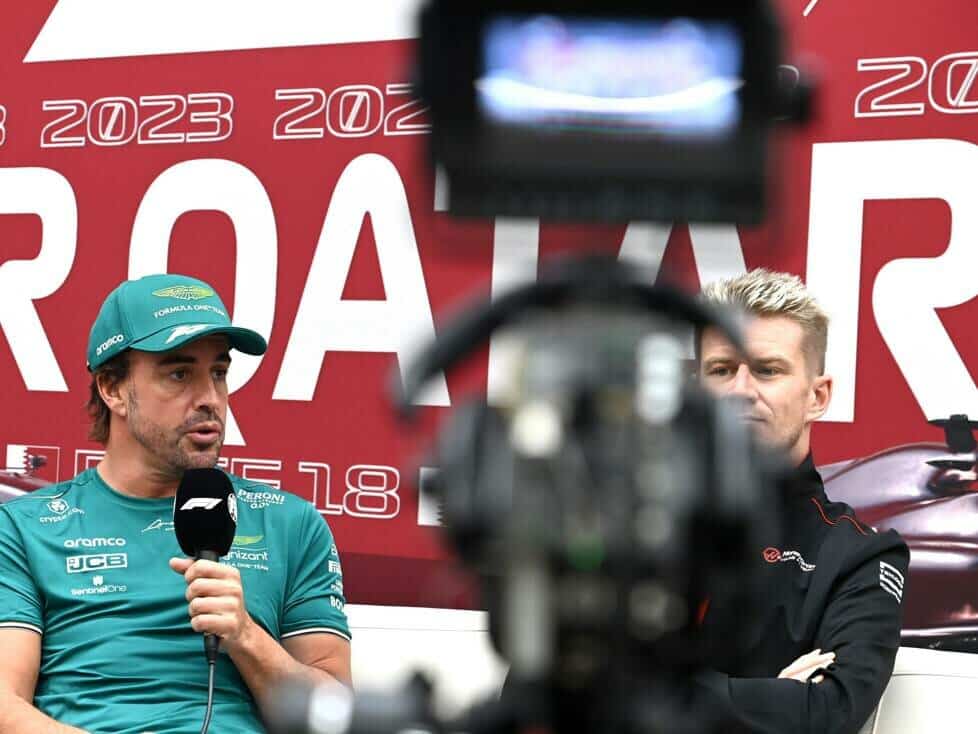While fans are happy to be able to listen to the drivers’ pit radio, it’s more of a nuisance for the teams – the drivers accept the situation
Even if a Formula 1 race is not overly exciting on the track, the drivers’ pit radio often ensures that the spectators at home at least get some entertainment. This was again the case recently in Brazil.
There, it was the radio messages from Mercedes driver George Russell that added some spice to the TV broadcast. However, after a race, Formula 1 drivers often feel that the radio messages put them in the wrong light.
Nevertheless, many of them do not have a problem with their radio being broadcast. “I think we all know that if you say something interesting […] it will be published. So we know the consequences,” says Nico Hülkenberg, for example.
He has “no problem with it” because as a driver you have “control over” what you say on the radio. “We don’t have to say it. But of course sometimes in the heat of the moment or in an emotional moment there is an outburst or whatever,” he says.
“I think that’s fine,” he clarifies, however, and explains: “We’re racing, but at the end of the day we’re also entertainment. And this is an added element of entertainment.” He therefore has no problem with his radio being broadcast on TV.
However, the reality is that viewers are only ever shown part of the complete radio traffic. For example, if a driver complains to the team on the radio, TV viewers often don’t know what has already been said
Alonso: Viewers don’t understand the “complexity “
This is a topic that Fernando Alonso also addresses, who emphasizes that, like Hülkenberg, he has “no problem at all” with the radio being transmitted. However, spectators are often unaware of the background to a radio message.
In this context, Alonso refers to his own radio traffic in Suzuka this year. “You threw me to the lions because you brought me in so early. Unbelievable,” the Spaniard radioed to his team at the time.
After the race, he was “surprised” that they had made a story out of it, “because I don’t know what’s negative about discussing it with the team,” he marveled. What’s more, nobody on TV would have even known the real context
Because Alonso explains that in the race in question, there was a discussion on the grid immediately before the Grand Prix about not stopping “too early” so as not to get stuck in the field. But that is exactly what happened later.
If you then only get your individual radio message played back, “99 percent of people […] can’t understand the complexity of the comments,” emphasizes Alonso. Which radio messages are broadcast and which are not is ultimately decided by Formula 1





